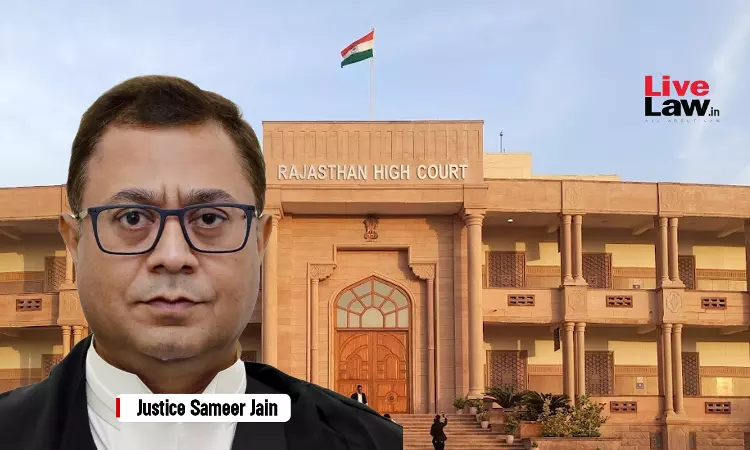Unfair, Tainted Probe: Rajasthan High Court Transfers To CBI Murder Case Of 22Yr Old From "Marginalised Community"
Nupur Agrawal
16 Aug 2024 2:00 PM IST

Next Story
16 Aug 2024 2:00 PM IST
While hearing a murder case involving the bajri (sand) mafia the Rajasthan High Court transferred the matter to CBI after observing that the investigation conducted by the State Police and CID had been so "unfair, tainted and incomplete" that it had "pricked the judicial conscience" of the Court.A single judge bench of Justice Sameer Jain was hearing a plea moved by two men in a case...
